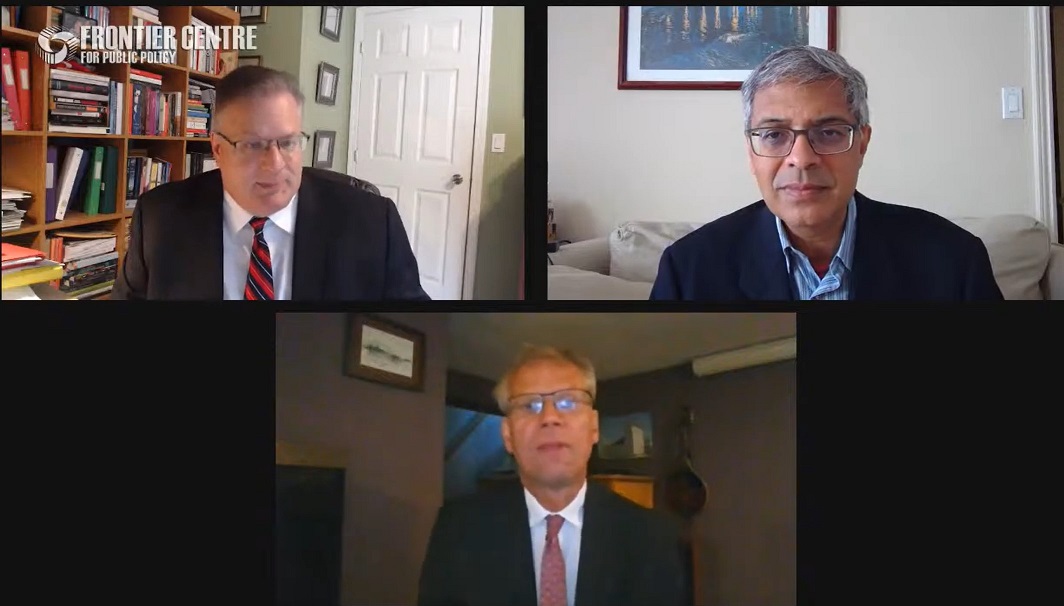On October 4, 2020, three of the world’s most prominent public health policy experts released a groundbreaking declaration for others to sign. Known as the Great Barrington Declaration, | ”As an infectious disease epidemiologist and public health scientist, I am gravely concerned about the negative impact his current COVID-19 policies have on physical and mental health. and recommends an approach called intensive protection.”
As of September 2022, nearly 940,000 scientists, healthcare providers and other leaders around the world have signed. Great Barrington Declaration (also linked below) shattered early claims by Covid-19 response leaders that there was “consensus” on many issues, including the effectiveness of lockdowns. It represents a fundamental departure from the approach taken by so many jurisdictions around the world, including Canada, which has taken tough measures. Ironically, despite these lockdowns and mandates, Canada has the highest death rate from Covid-19 compared to other developed countries, and more than most other her OECD countries. of money spent. In other words, it is a big failure of public policy.
The discussion will explore how the 2020 Great Barrington Declaration was inherently accurate in its analysis and recommendations. We consider contrasting experiences across jurisdictions, including Sweden, Florida, the UK and Canada. What lessons can be learned from looking back at how this pandemic was managed? Evidence-based lockdowns, masking, universal vaccination, and vaccination of children not at risk What is the final verdict on the adequacy of
Lockdown policies have devastating short-term and long-term public health impacts in the form of lower childhood vaccination coverage, worse cardiovascular disease outcomes, fewer cancer screenings, and worse mental health. leading to an increase in excess mortality in the coming years. The working class and young members of society bear the heaviest burden. Was it a grave injustice to keep students out of school? Repairing the reputation of vaccines in general and the sharp rise in vaccine hesitancy caused by overly enthusiastic vaccine mandate policies and the relative failure of Covid vaccines. What can be done to reduce the increase?
our guests:
Dr. Jay Bhattacharya is a professor at Stanford University School of Medicine, physician, epidemiologist, health economist, and public health policy expert with a focus on infectious diseases and vulnerable populations.
Dr. Martin Kulldorff was a professor of medicine, biostatistician, and epidemiologist at Harvard University, with expertise in detecting and monitoring infectious disease outbreaks and assessing vaccine safety. He is currently a Senior Research Fellow at Brownstone Labs.
Click here for YouTube (1 hour 18 minutes)
Rumble here (1 hour 18 minutes)
For more information:
Go to website – Great Barrington Declaration (gbdeclaration.org)
Preston Manning: Covid Commission Report
Related
